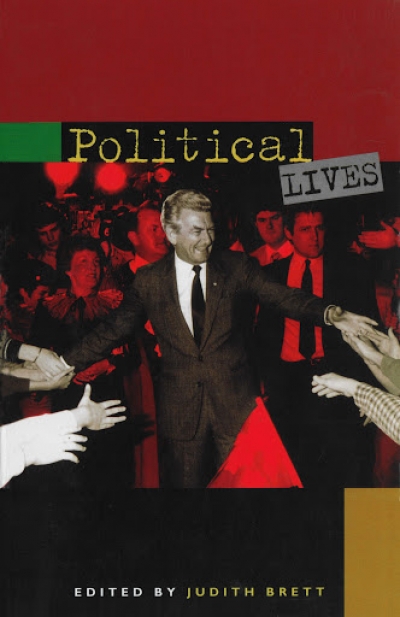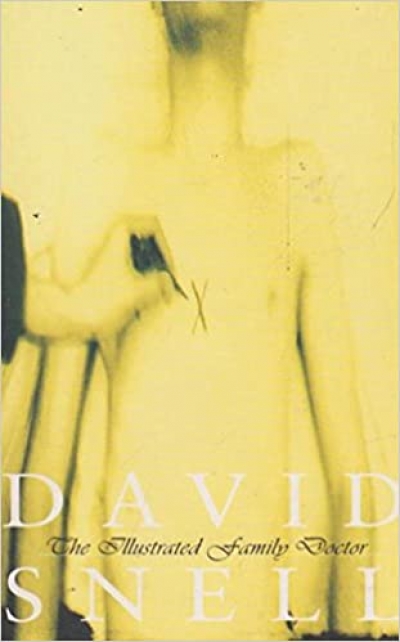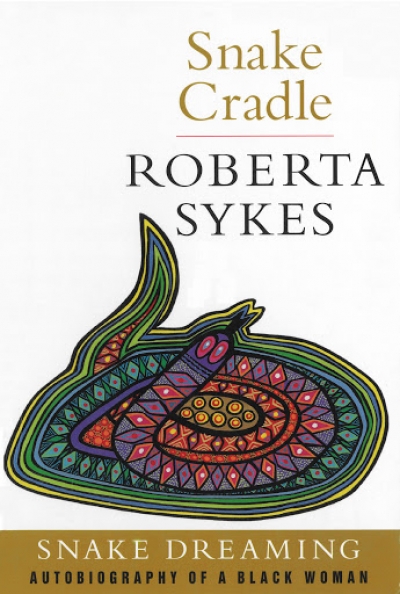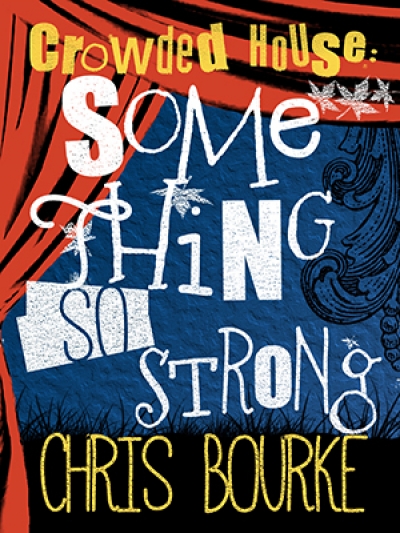Accessibility Tools
- Content scaling 100%
- Font size 100%
- Line height 100%
- Letter spacing 100%
Archive
The ABR Podcast
Released every Thursday, the ABR podcast features our finest reviews, poetry, fiction, interviews, and commentary.
Subscribe via iTunes, Stitcher, Google, or Spotify, or search for ‘The ABR Podcast’ on your favourite podcast app.
‘Where is Nancy?’ Paradoxes in the pursuit of freedom
by Marilyn Lake
This week on The ABR Podcast, Marilyn Lake reviews The Art of Power: My story as America’s first woman Speaker of the House by Nancy Pelosi. The Art of Power, explains Lake, tells how Pelosi, ‘a mother of five and a housewife from California’, became the first woman Speaker of the United States House of Representatives. Marilyn Lake is a Professorial Fellow at the University of Melbourne. Listen to Marilyn Lake’s ‘Where is Nancy?’ Paradoxes in the pursuit of freedom’, published in the November issue of ABR.
Recent episodes:
Secrets by Drusilla Modjeska, Amanda Lohrey and Robert Dessaix
The Australian literary scene has always been more depressing that it is lively, especially when critics and writers are quick to display their battle scars in public places where oftentimes the debate hardly rises above fawning or fighting. The walking wounded are encouraged to endure. This is about the only encouragement extant. I remember the Simpson episode, not O.J. but Bart, who arrived in Australia for a kick up the bum. Perhaps the emulation of Britain has reached such an unconscious proportion that no ground can be explored beyond the grid bounded by Grub Street and Fleet Street, where youngsters need to be caned for reasons more prurient than wise, and where small ponds become the breeding pools for goldfish pretending to be piranhas dishing up more of the same stew. Thus, British writing, apart from its internationalists, hath come to this sad pass. Or where, given the brashness of being itself a young nation unused to finesse, Australia’s grand ideals end up as populist opinion – a talkback republic of letters irrelevant to its real enemies.
... (read more)










